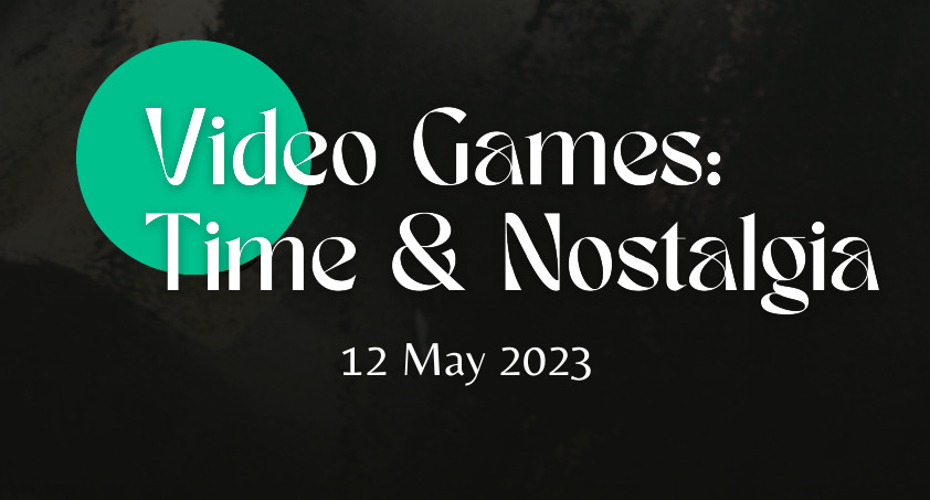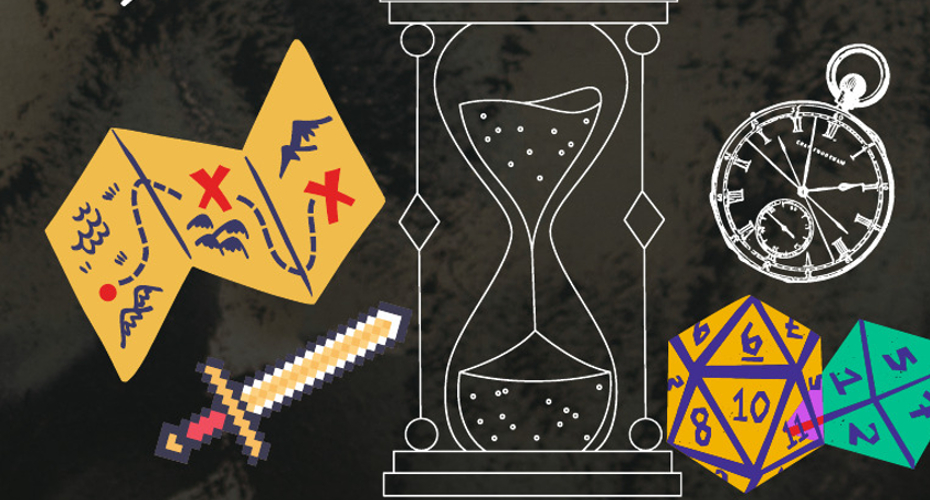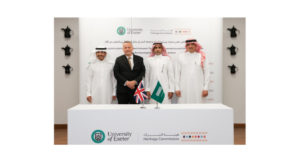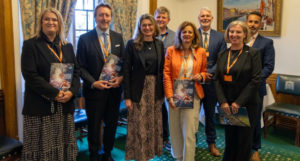International videogames experts set to gather for conference on time and nostalgia

The themes of ‘time’ and ‘nostalgia’ and how they impact and interact with people playing videogames are set to be explored in an international academic conference this week.
From the role that nostalgia plays in Mario’s adventures and in the post-apocalyptic worlds of PlayStation blockbusters The Last of Us and Horizon, to the history of decay in From Software’s legendary ‘Soulsborne’ series, the one-day symposium will cover a variety of topics and games both modern and retro.
Delegates from Japan, America and Europe will speak at the event – Video Games: Time and Nostalgia – which is being orchestrated and hosted by the University of Exeter on 12 May. Among them are the event’s two keynote speakers – Chris Hanson, Associate Professor at Syracuse University, and Dr Debra Ramsay, a Lecturer in Film Studies at Exeter.
“The focus of the conference is to look at how we understand time in videogames, through design, narrative and gameplay, and how our experiences and engagements with them evoke nostalgia,” said Dr Aditya Deshbandhu, Lecturer in Communications – Digital Media Sociology, and the conference’s co-organiser.
“Games are social and cultural artefacts, and we want to explore questions such as whether we can use them to study history, or indeed, construct a history of our times through them? What is it that they can offer to our time, and how do we understand time in games?”
Dr Hanson, author of Game Time: Understanding Temporality in Video Games (Indiana University Press, 2018), will deliver the keynote in the morning session. Entitled, ‘The Thick Present of Play: Duration and the Flow of Game Time’, his session will focus upon how players experience time while playing games, as well as the flow of time in the games themselves.
Also in the morning session will be Martin Rooke, of the Shorenstein Centre, Harvard Kennedy School, who will talk about ‘Lost time – a history of decay in the “Soulsborne” formula’, and Carmel Anne Abela, of Nagoya University, who will discuss ‘Side Quests as Temporal Sites for Meaningful Activities’, in the popular Nintendo role-playing game of Xenoblade Chronicles 3.

In the afternoon, Dr Ramsay, the author of American Media and the Memory of World War II (Routledge, 2018), will kick off the session on Games and Nostalgia with a keynote on the role that nostalgia and reverence play in Battlefield 1, a first-person shooter set in the First World War.
This will be followed by a broad range of presentations, including how games are impacted by other social and cultural works to become nostalgic even when they are new, and the various ways that nostalgia influences or is expressed through the work of Nintendo, and major titles such as World of Warcraft, Horizon: Zero Dawn, and The Last of Us.
The conference, funded by the University’s Department of Communications, Drama and Film, will also play a role in informing a forthcoming collection of academic books on videogames, to be published by Routledge. The first, looking at history through the lens of 100 games, is due to be released later in the year.
“In bringing together this diverse community of researchers, we’re hoping to seed the ground for long-term engagement and for collaboration in this emerging field,” added Dr Deshbandhu. “We want to explore new ways of looking at games, and we see the South West playing an important role in asking those critical questions.”



